Sodium silicate powder
₦50,000.00
Description
Sodium silicate powder, often referred to as “water glass” or liquid glass in its dissolved form, is a compound made from sodium oxide (Na₂O) and silica (SiO₂). This compound has a wide range of industrial and commercial applications due to its adhesive, binding, and sealing properties. Here are some key uses and characteristics:
### Industrial Applications of Sodium Silicate Powder
1. **Adhesives and Binders**:
– **Paper and Board Industry**: Sodium silicate is used as an adhesive in the manufacturing of corrugated cardboard and as a binder in the production of paper tubes and cores.
– **Cement and Concrete**: It is employed as a binding agent in cement and concrete, improving the strength and durability of the mixture. It’s particularly used in refractory cement due to its ability to withstand high temperatures.
2. **Coatings and Sealants**:
– **Surface Treatment**: Sodium silicate can be applied as a coating to various materials like wood, concrete, or masonry to provide a protective layer against water, chemicals, and wear.
– **Fireproofing**: It is used in fireproofing materials, including coatings and boards, due to its ability to form a heat-resistant layer that protects underlying structures.
3. **Catalysts and Chemicals**:
– **Detergents and Cleaners**: Sodium silicate is a key ingredient in many detergents and cleaning products, acting as a buffering agent, corrosion inhibitor, and emulsifier.
– **Catalyst in Chemical Reactions**: It serves as a catalyst in some chemical processes, including the production of silica gels and other silicates.
4. **Soil Stabilization**:
– **Construction and Civil Engineering**: Sodium silicate powder is used in soil stabilization, particularly in construction projects where it helps to solidify loose soils and reduce erosion. It can also be injected into the ground to prevent water seepage in tunnels and basements.
5. **Foundry Applications**:
– **Core and Mold Making**: In metal casting, sodium silicate is used as a binder in sand molds and cores. The silicate binds the sand particles together, creating strong molds that can withstand the high temperatures of molten metal.
6. **Textile and Pulp Industry**:
– **Bleaching Aid**: Sodium silicate is used in the textile and pulp industries as a bleaching aid. It helps stabilize peroxide in the bleaching process and acts as a buffer, improving the efficiency of the bleaching chemicals.
7. **Water Treatment**:
– **Corrosion Inhibitor**: In water treatment, sodium silicate is used as a corrosion inhibitor, particularly in boilers and cooling systems, where it forms a protective film on metal surfaces to prevent rust and corrosion.
8. **Ceramics and Pottery**:
– **Deflocculant**: Sodium silicate is used in ceramics as a deflocculant, which helps to reduce the viscosity of clay slip, making it easier to work with during the forming process.
### Characteristics of Sodium Silicate Powder
– **Appearance**: Sodium silicate powder is typically white or colorless, with a crystalline or amorphous form.
– **Solubility**: It is soluble in water, forming a viscous solution known as liquid sodium silicate or water glass.
– **Alkaline**: Sodium silicate is alkaline, which contributes to its chemical reactivity and suitability for use as a cleaning agent or corrosion inhibitor.
Sodium silicate powder is a versatile material used across various industries, from construction and manufacturing to cleaning and water treatment. Its ability to bind, seal, and protect makes it an essential compound in many industrial applications.

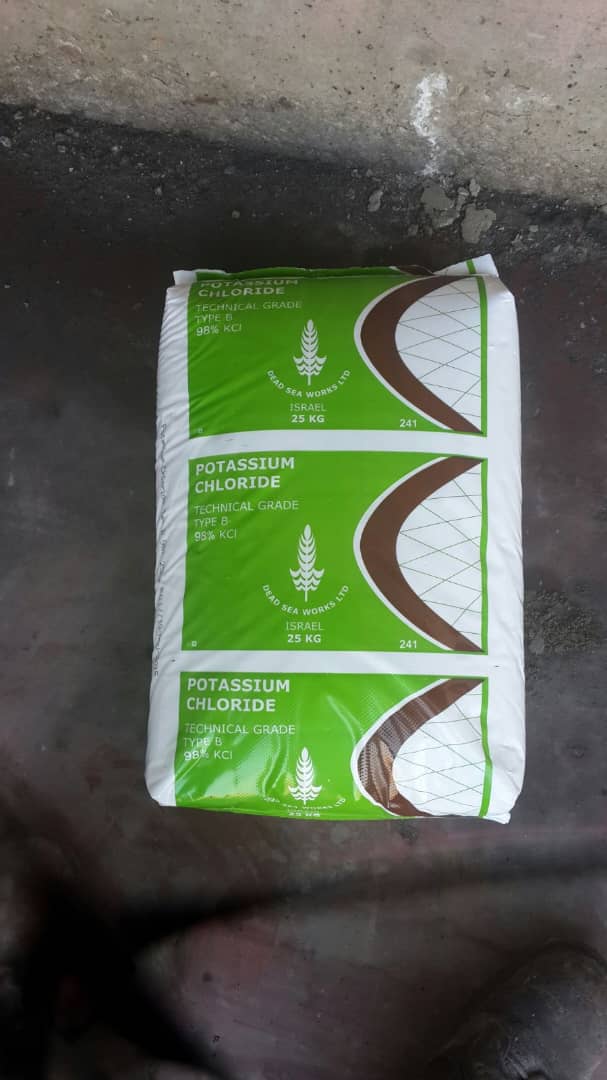
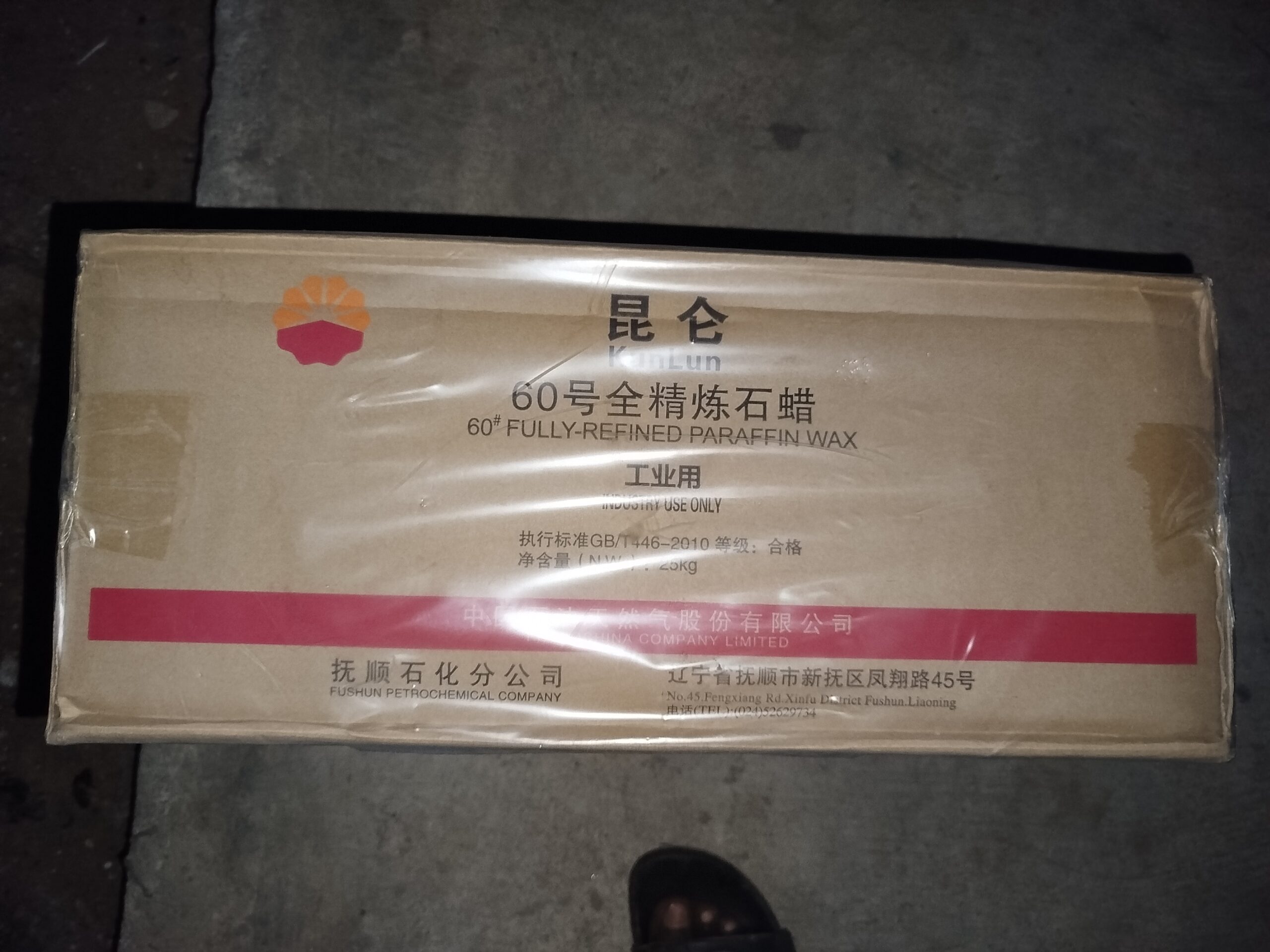
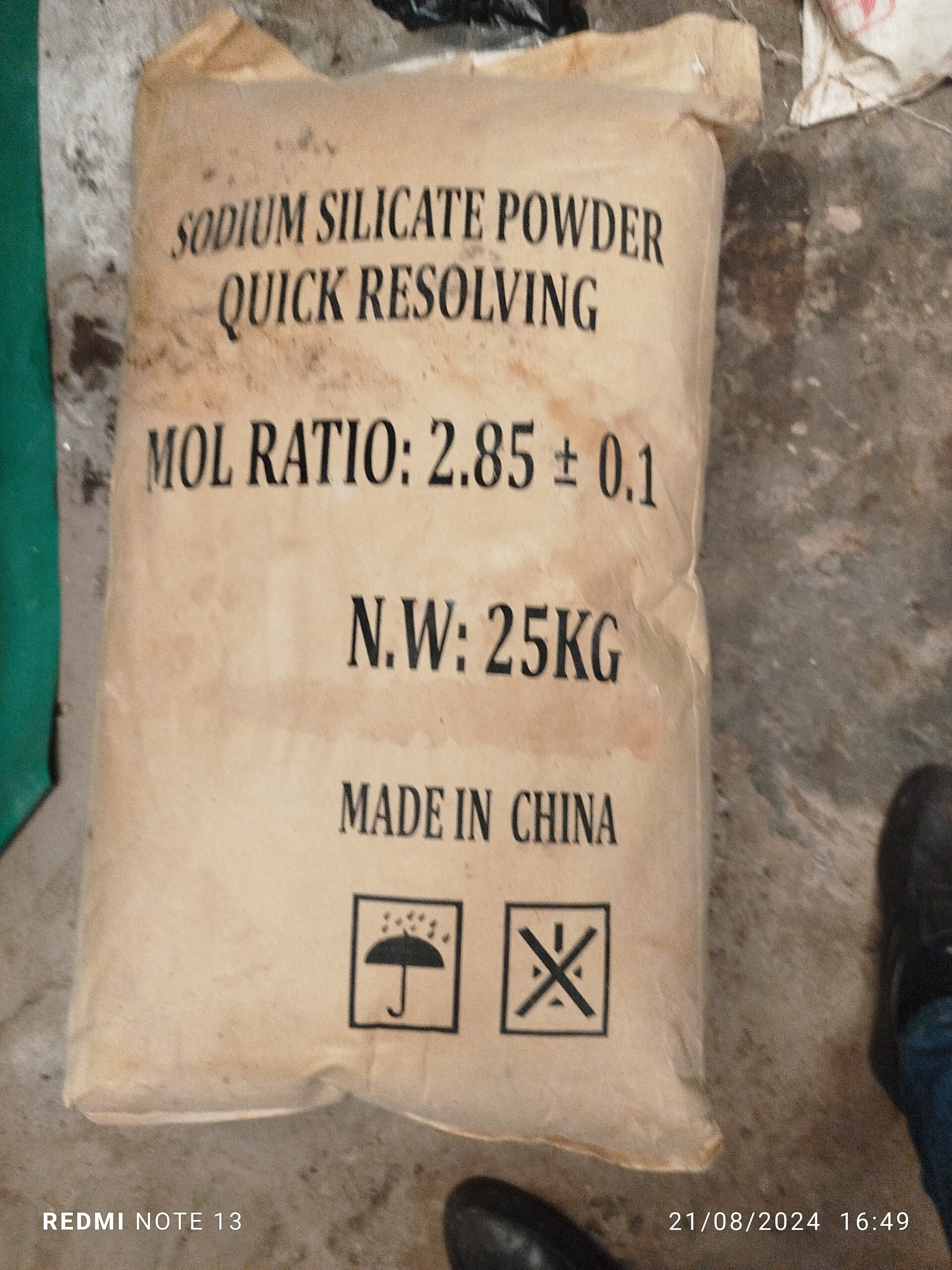
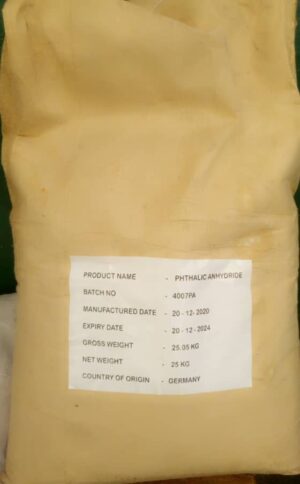
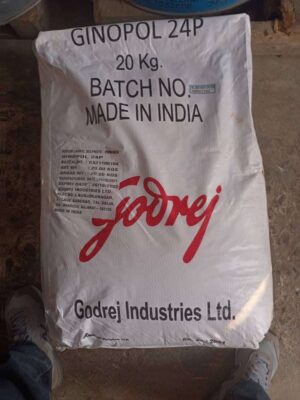
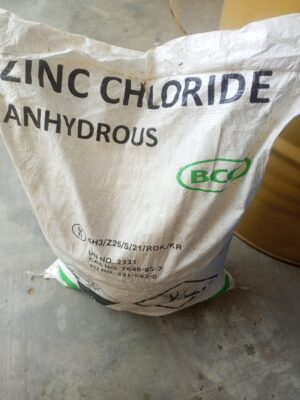
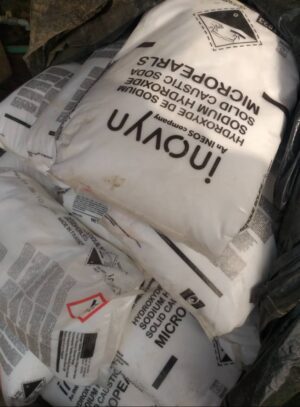
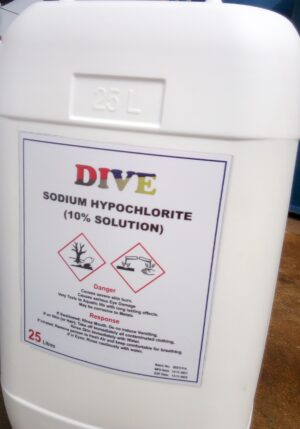
Reviews
There are no reviews yet.